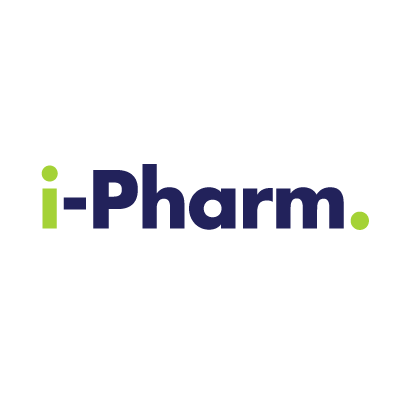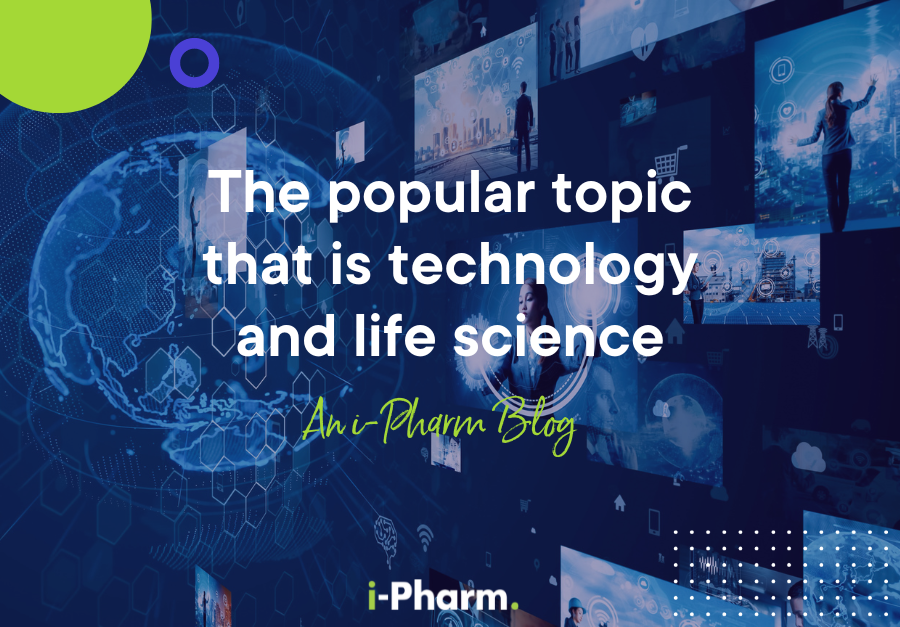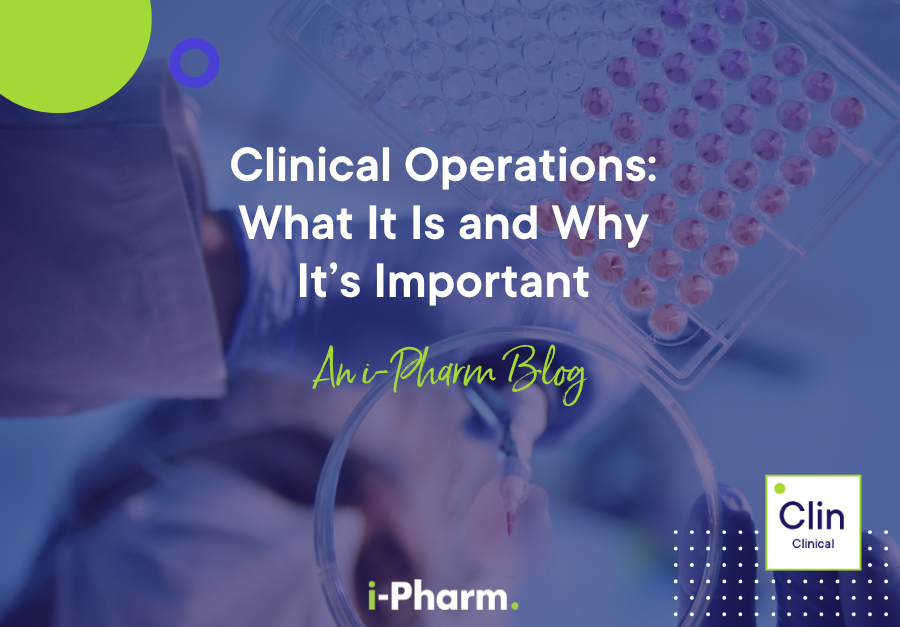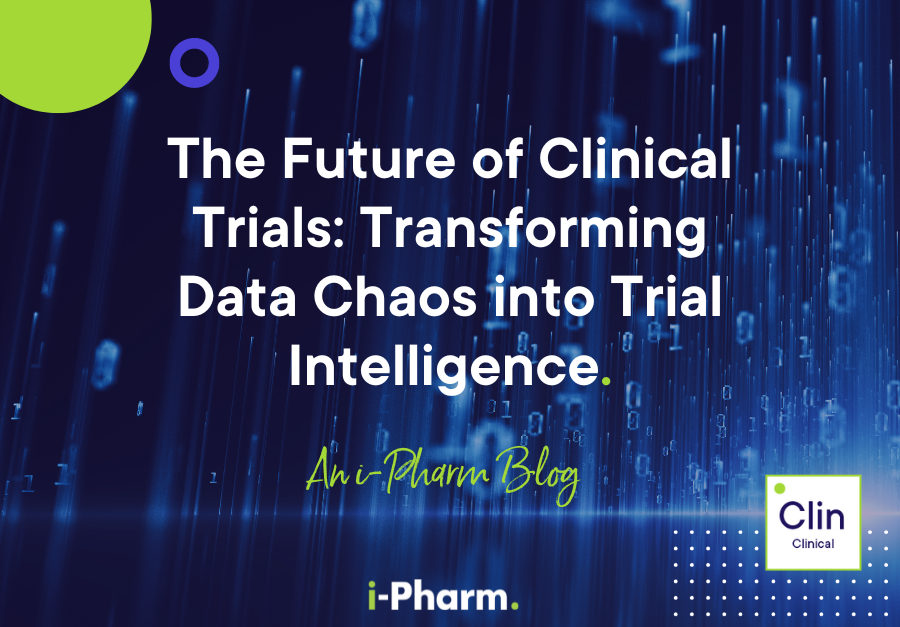The Future of Data Analytics in the Life Science Industry: What's Next?
16 May, 20235 minutesThe life science industry has always been a data-driven field, with research and development...
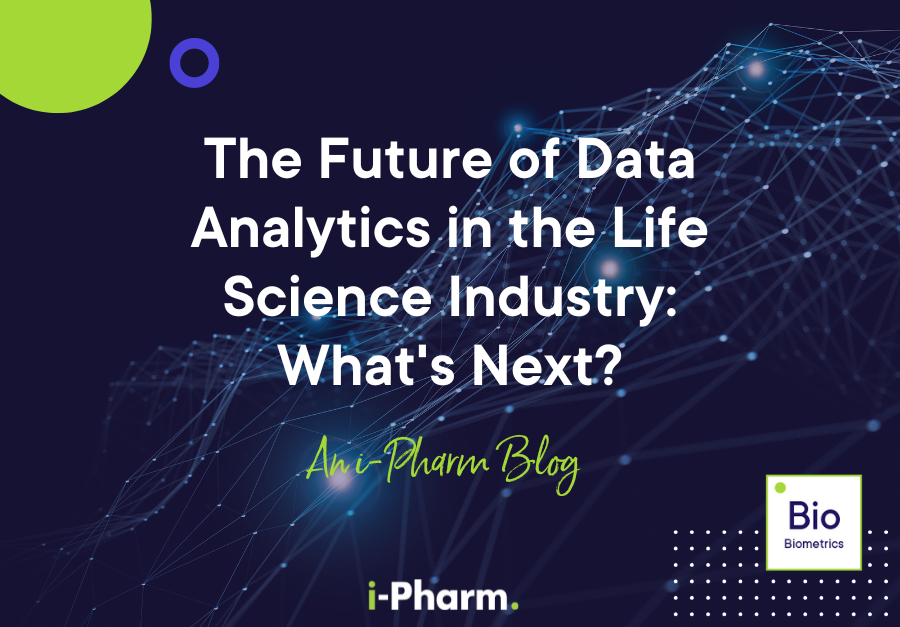
The life science industry has always been a data-driven field, with research and development heavily relying on data to identify new drug targets, validate clinical trials, and track patient outcomes. However, in recent years, the industry has seen a significant transformation in the way it collects, analyses, and utilizes data.
With the emergence of big data, machine learning, and other advanced analytics technologies, the life science industry is poised to undergo a data-driven revolution that will accelerate drug development and discovery, transform patient pathways, and benefit companies in numerous ways. In fact, the global healthcare analytics market size is expected to reach $84.2 billion by 2027. This growth is driven by the need for real-time data to improve patient outcomes, reduce healthcare costs, and comply with regulatory requirements.
Accelerating Drug Development and Discovery with Data Analytics
Data analytics is transforming drug development and discovery by enabling researchers to process and analyse vast amounts of data in a fraction of the time it would take with traditional methods. For example, machine learning algorithms can scan through thousands of scientific articles, clinical trials, and patient records to identify potential drug targets that were previously unknown.
According to a study by McKinsey, data analytics can reduce drug development costs by up to 20% and shorten the development timeline by up to 30%. Machine learning algorithms are playing a crucial role in this transformation by scanning through vast amounts of data to identify potential drug targets and predict the success of clinical trials. This approach significantly speeds up the drug discovery process, reducing the time and costs associated with developing new drugs.
Moreover, data analytics is revolutionizing the way clinical trials are conducted by providing researchers with real-time data on patient outcomes, adverse events, and treatment effectiveness. This allows researchers to quickly identify issues and adjust clinical trials, accelerating the drug development process and increasing the chances of success.
Transforming Patient Pathways with Data Analytics
Data analytics is transforming patient pathways by providing healthcare providers with real-time data on patient outcomes, treatment effectiveness, and adverse events. This data can be used to identify high-risk patients, predict potential health issues, and personalize treatment plans based on a patient's unique characteristics. For example, machine learning algorithms can analyse patient data to identify patterns and predict the likelihood of readmissions or adverse events. This allows healthcare providers to intervene before a problem occurs, improving patient outcomes and reducing healthcare costs.
In addition, data analytics can help healthcare providers optimize their resources and reduce wait times. By analysing patient flow, healthcare providers can identify bottlenecks and optimize staffing and resource allocation, reducing wait times and improving patient satisfaction.
Companies in the life science industry can leverage data and analytics to benefit them in numerous ways. For example, data analytics can help companies optimize their R&D investments by identifying potential drug targets and predicting the success of clinical trials. This allows companies to prioritize their resources and focus on the most promising drug candidates, reducing costs and increasing the chances of success.
Moreover, data analytics can help companies optimize their marketing and sales efforts by providing real-time data on customer behaviour, preferences, and needs. This data can be used to personalize marketing messages and target specific customer segments, improving customer engagement and increasing sales.
Finally, data analytics can help companies comply with regulatory requirements by providing real-time data on adverse events and safety issues. This allows companies to quickly identify and respond to safety concerns, reducing the risk of regulatory non-compliance and protecting the company's reputation.
Conclusion
Data analytics is transforming the life science industry, accelerating drug development and discovery, transforming patient pathways, and benefiting companies in numerous ways. As the industry continues to collect and analyse vast amounts of data, it will become increasingly data-driven, enabling researchers and healthcare providers to make more informed decisions, improve patient outcomes, and reduce healthcare costs.
In this data-driven future, companies that invest in data and analytics will be better positioned to compete, innovate, and succeed in the rapidly evolving life science industry.
Discover how we can help
At i-Pharm, we focus on changing lives by placing people at the heart of life sciences. Whether you're seeking an entry-level opportunity or a more senior position, our specialist recruiters have access to the world's best roles. So, if you're interested in moving into the life sciences industry or looking for a new opportunity within a particular sector specialism, our life science recruitment team can help.
Discover our life sciences jobs, visit our candidate's page or contact us today to see how we can unlock your potential.
